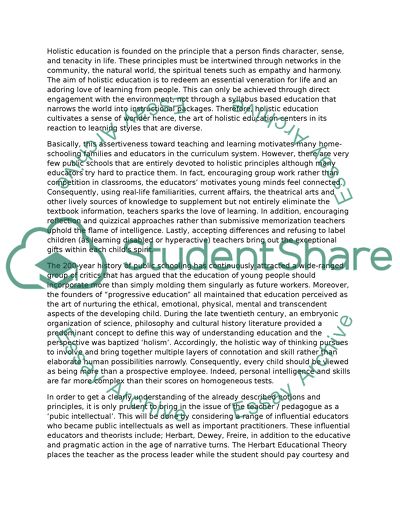Cite this document
(“Sociol Pedagogy and the Public Intellectual Essay - 1”, n.d.)
Sociol Pedagogy and the Public Intellectual Essay - 1. Retrieved from https://studentshare.org/education/1617328-sociol-pedagogy-and-the-public-intellectual
Sociol Pedagogy and the Public Intellectual Essay - 1. Retrieved from https://studentshare.org/education/1617328-sociol-pedagogy-and-the-public-intellectual
(Sociol Pedagogy and the Public Intellectual Essay - 1)
Sociol Pedagogy and the Public Intellectual Essay - 1. https://studentshare.org/education/1617328-sociol-pedagogy-and-the-public-intellectual.
Sociol Pedagogy and the Public Intellectual Essay - 1. https://studentshare.org/education/1617328-sociol-pedagogy-and-the-public-intellectual.
“Sociol Pedagogy and the Public Intellectual Essay - 1”, n.d. https://studentshare.org/education/1617328-sociol-pedagogy-and-the-public-intellectual.


